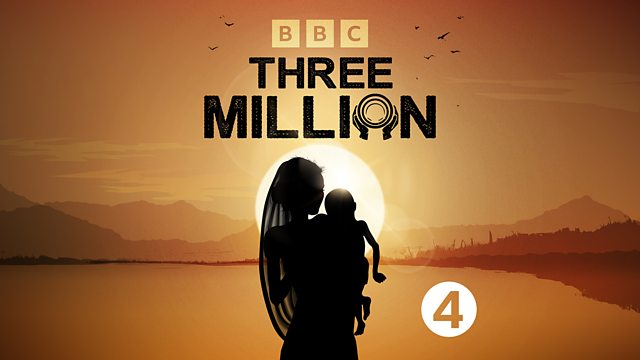3. The F-Word
Famine grips Bengal but publicly, no-one is calling it a famine. A British journalist decides to take on the censor; what he publishes shocks the world.
Colonial authorities wanted to censor the famine. They were worried that Britainβs wartime enemies - the Germans and the Japanese - would use it as propaganda against them.
But as more and more starving people arrive in cities across Bengal, it becomes harder to suppress. Indian writers, photographers and artists document the humanitarian catastrophe, but it was risky as the censor forbade mention of the word famine. A British journalist and editor of the English language Statesman newspaper, in Calcutta, decides to challenge the censor and begins publishing photographs and then scathing editorials about what is really going on in Bengal. It shocks the world. In London, the ΒιΆΉΤΌΕΔ reports on βfamine conditionsβ and, as we uncover, the British government tries to pressurize the broadcaster to tone down its coverage.
Presenter Kavita Puri
Series Producer: Ant Adeane
Editor: Emma Rippon
Sound design and mix: Eloise Whitmore
Production Coordinators: Maria Ogundele and Sabine Schereck
Original music: Felix Taylor
With thanks to Dr Janam Mukherjee, Professor Joya Chatterji and Dr Diya Gupta.
Last on
Broadcasts
- Sun 10 Mar 2024 13:30ΒιΆΉΤΌΕΔ Radio 4
- Tue 16 Apr 2024 21:30ΒιΆΉΤΌΕΔ Radio 4 FM
Podcast
-
![]()
Three Million
The Bengal Famine of 1943 in British India: the forgotten story of World War II.


